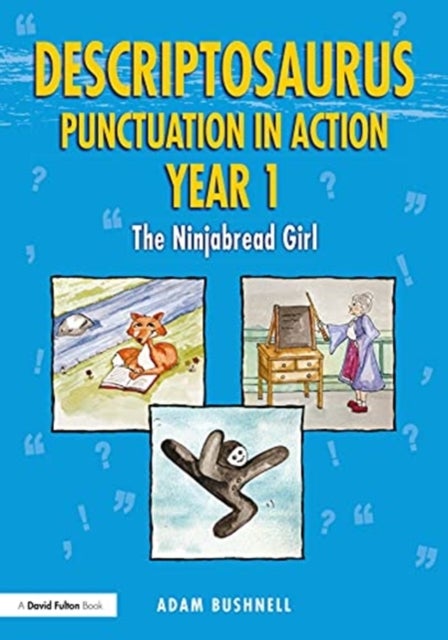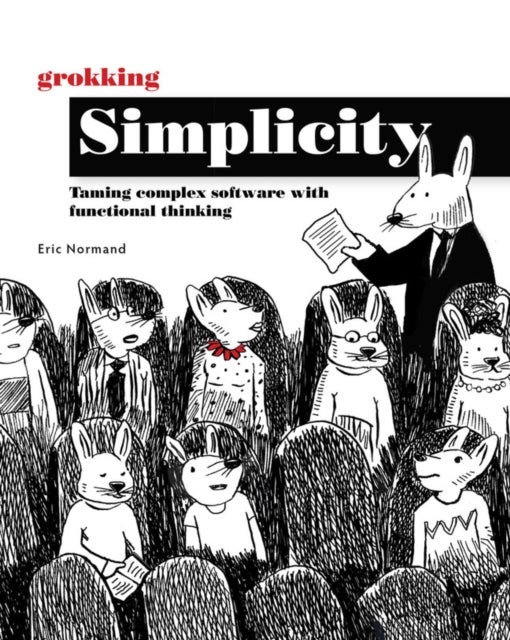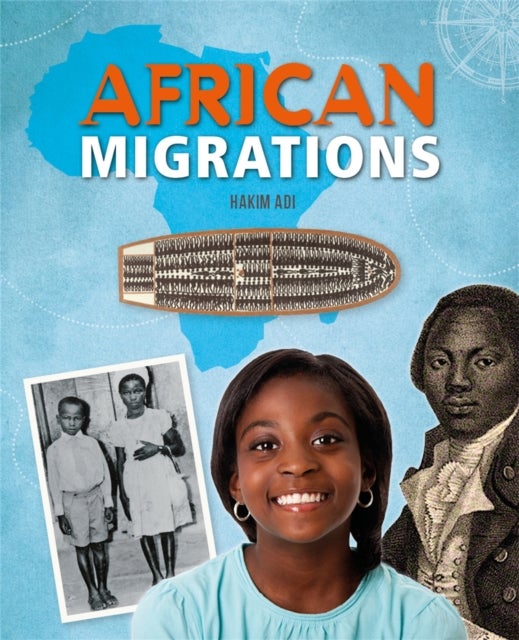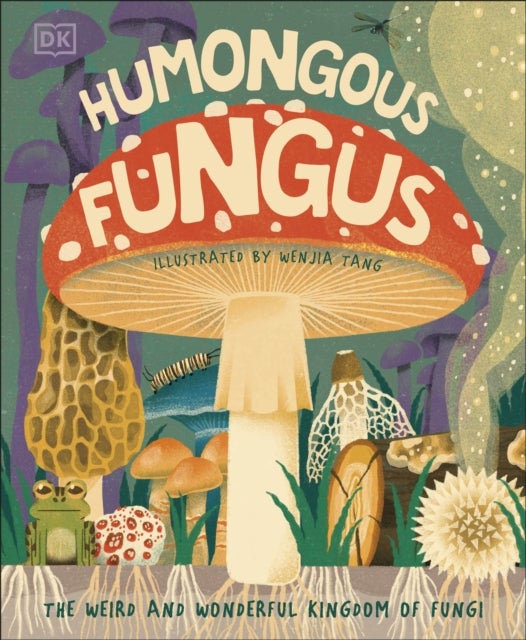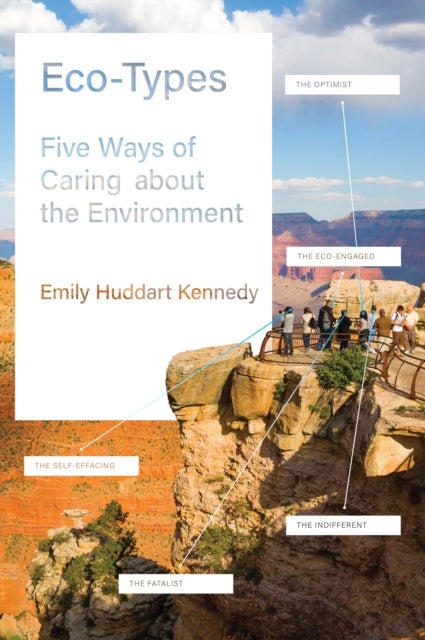
Eco-Types av Emily Huddart Kennedy
319,-
<p><b>Why acknowledging diverse eco-social relationships can help us overcome the political polarization that undermines our ability to protect the environment</b><br><br>When we picture the ideal environmentalist, we likely have in mind someone who dedicates herself to reducing her own environmental footprint through individual choices about consumption¿driving a fuel-efficient car, for example, or eating less meat, or refusing plastic straws. This is a benchmark that many aspire to¿and many others reject. In <i>Eco-Types</i>, Emily Huddart Kennedy shows that there is more than one way to care about the environment, outlining a spectrum of eco-social relationships that range from engagement to indifference.<br><br>Drawing on three years of interviews and research, Kennedy describes five archetypal relationships with the environment: the Eco-Engaged, often politically liberal, who have an acute level of concern about the environment, a moral commitment to protect it, and the conviction

